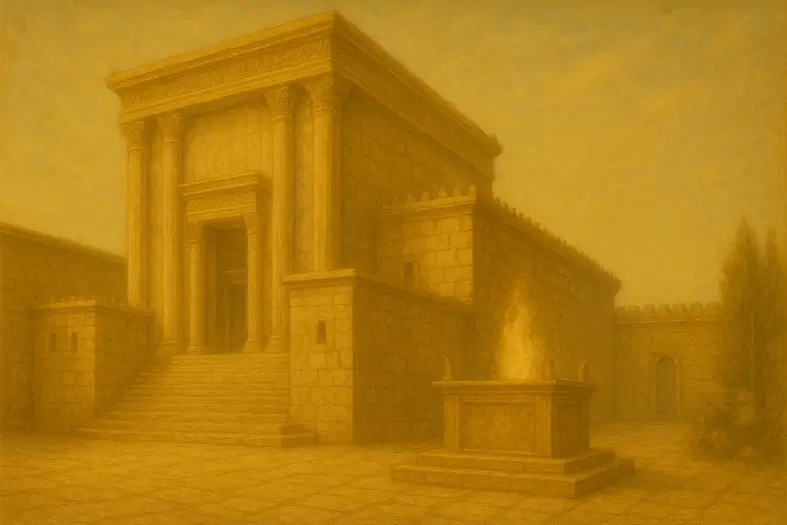


The Levites are not permitted to receive a portion of war spoils, as their inheritance is Hashem and the gifts given to them through service.
While other tribes shared in the division of land and in the spoils of war, the Tribe of Levi was excluded. Their inheritance is Hashem Himself, and their sustenance comes from the tithes, offerings, and gifts commanded by the Torah. This prohibition reinforces their separation from worldly pursuits and their devotion to sacred service.
Rambam explains that the Levites’ role is spiritual, not military or agricultural. By not taking part in war spoils, they remain distinct from the economic cycles of conquest and wealth. Instead, they serve as guardians of Torah, judges, and spiritual leaders spread across Israel.
This mitzvah underscores the Torah’s vision of Levi as a tribe set apart, not dependent on material possessions but dedicated to holiness and Divine service.
Commentary & Classical Explanation:


Represents Emunah—the deep, inner trust in Hashem’s presence, oneness, and constant involvement in our lives. This badge symbolizes a heartfelt connection to G-d, rooted in belief even when we cannot see. It is the emotional and spiritual core of many mitzvot.
Represents the concept of spiritual intentionality, purity, and sanctity—set apart for a higher purpose.
Concerns the Beit HaMikdash, korbanot (offerings), and priestly service.
Mitzvot that strengthen communal life — showing up, participating, supporting, and belonging. Community is where holiness is shared, prayers are multiplied, and responsibility becomes collective.
Mitzvot that define and deepen the relationship between a person and their Creator. These include commandments involving belief, prayer, Shabbat, festivals, sacrifices, and personal holiness — expressions of devotion rooted in divine connection.
Mitzvot that govern ethical behavior, kindness, justice, and responsibility in human relationships. These actions build trust, dignity, and peace between people.

Dive into mitzvos, prayer, and Torah study—each section curated to help you learn, reflect, and live with intention. New insights are added regularly, creating an evolving space for spiritual growth.

Explore the 613 mitzvos and uncover the meaning behind each one. Discover practical ways to integrate them into your daily life with insights, sources, and guided reflection.

Learn the structure, depth, and spiritual intent behind Jewish prayer. Dive into morning blessings, Shema, Amidah, and more—with tools to enrich your daily connection.

Each week’s parsha offers timeless wisdom and modern relevance. Explore summaries, key themes, and mitzvah connections to deepen your understanding of the Torah cycle.